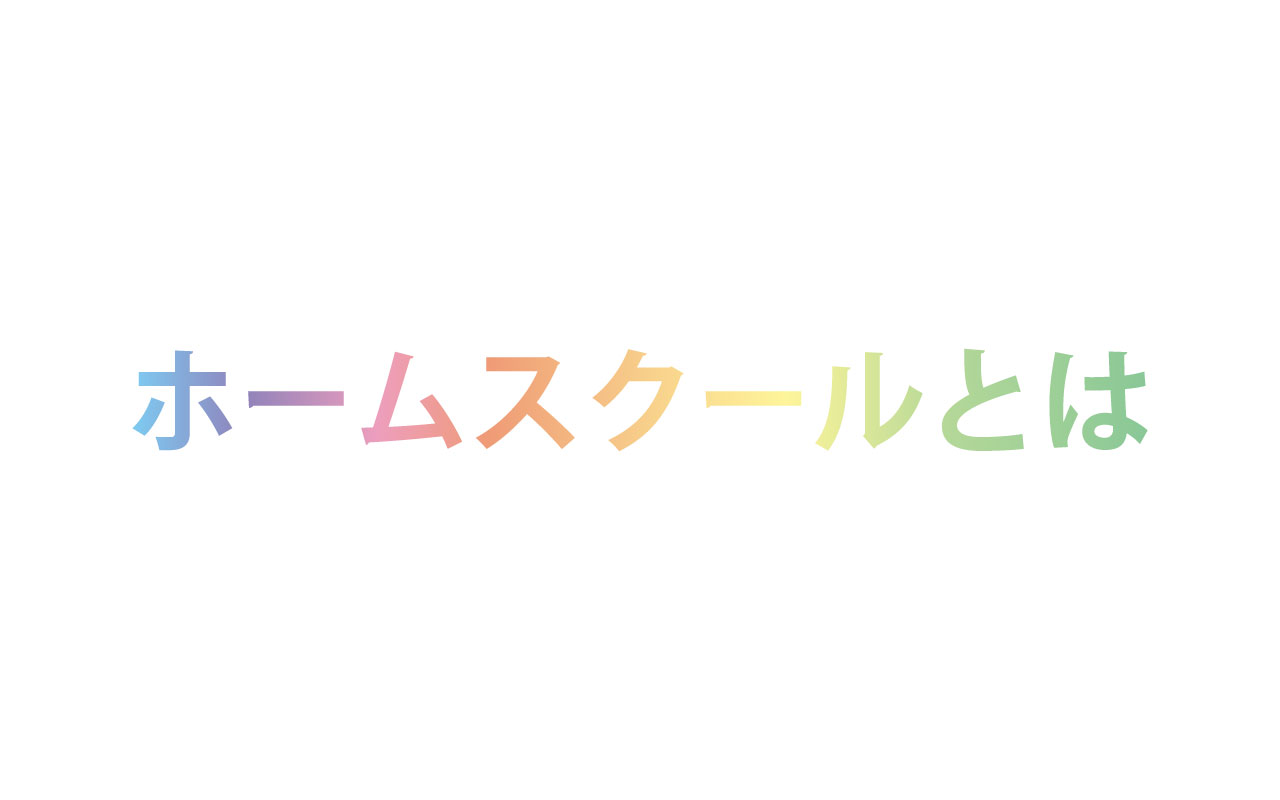Homeschooling is one of the forms of alternative education where learning takes place at home (sometimes alongside traditional schooling) without attending a physical school. It is also referred to as home education.
In countries like the United States, where homeschooling is already legalized in many states, the term ‘Home-based education’ is also used alongside homeschooling. Here, you can find information about various methods used in homeschooling.
As a reference material for the current state of homeschooling worldwide, please take a look at ‘Reference Table 5: Overview of Compulsory Education Systems in Various Countries‘ on the Ministry of Education, Culture, Sports, Science, and Technology (MEXT) website. Below is an excerpt from it, formatted horizontally for convenience.
Japan
Relationship between Free Schools, Homeschooling, and Compulsory Education Obligations
・Conducting compulsory education outside of schools is not permitted.
・It is possible to count the days when students receive consultation and guidance at a free school while being enrolled in a regular school as attendance in the attendance record.
The United States
Relationship between Free Schools, Homeschooling, and Compulsory Education Obligations
- Homeschooling is recognized as an exemption from compulsory attendance in all states.
- While only a few states specify teacher qualifications for homeschooling, many states require homeschooled students to take designated tests at specified grade levels.
- In many cases, submitting records of learning hours, etc., to the school district regularly is required.
・Homeschooling is recognized as an exemption from compulsory attendance in all states.
・While only a few states specify teacher qualifications for homeschooling, many states require homeschooled students to take designated tests at specified grade levels.
・In many cases, submitting records of learning hours, etc., to the school district regularly is required.
The United Kingdom
Relationship between Free Schools, Homeschooling, and Compulsory Education Obligations
- It is recognized that compulsory education can be carried out at home.
- When conducting education at home, parents must apply for deregistration from the school.
- Homeschooling does not follow a national curriculum, but local education authorities can issue a compulsory schooling order if they determine that a child is not receiving appropriate education at home.
France
Relationship between Free Schools, Homeschooling, and Compulsory Education Obligations
- It is recognized that compulsory education can be carried out at home.
- Enrolling in non-contract private schools is also considered fulfilling the education obligation.
- There is no mechanism for deferring or exempting from compulsory education.
- University district inspectors conduct academic assessments at least once a year, and if a student is deemed to have insufficient academic skills, they may issue an order for enrollment in a public school.
Germany
- Homeschooling is not allowed.
- Attendance at alternative schools fulfills the compulsory education requirement.
- Attendance at supplementary schools requires an application for an exemption from compulsory education.
South Korea
- Conducting compulsory education outside of schools is not allowed.
- For students attending unapproved alternative schools or engaging in homeschooling, they may receive a deferment or exemption from compulsory education. It is not a prerequisite to be enrolled in a regular school.
- Courses completed at alternative schools, etc., while remaining enrolled in the original school, can be recognized by the original school.
The above is an excerpt.
Besides those mentioned in the table, homeschooling is legalized in several other countries, including Canada, Austria, Belgium, Denmark, Norway, Finland, India, Indonesia, Australia, New Zealand, South Africa, Botswana, Kenya, the Philippines, Singapore, Malaysia, Taiwan, Chile, Colombia, Russia, Hungary, and the Czech Republic. In Sweden and Switzerland, it is legal in some states or regions.
In some Islamic countries where women are not allowed to attend school, female education largely relies on homeschooling.
Indeed, there are countries like Germany, Greece, Spain, and Turkey where homeschooling is considered illegal. However, even in countries with such regulations, there may be homeschoolers among overseas residents. This often happens due to dissatisfaction with the education system in their host country, which may not meet the educational standards of the home country or present other issues.
Germany has a unique education system with various options for career paths, including alternative schools. In the Netherlands, there is the Jenaplan education system, which differs significantly from the Japanese school system. Homeschooling is allowed in the Netherlands, primarily for children with physical or mental disabilities, and it follows a permit-based system.
It’s unfortunate that, until recently, only a limited number of advanced countries had conventional educational institutions, often referred to as ‘schools,’ where regular education could be obtained.
- *Alternative schools include Steiner/Waldorf schools, Montessori schools, free alternative schools, and church-operated schools.
- *Jenaplan education is detailed in the book ‘Why Did Individualized Education Succeed in the Netherlands: Lessons from the Jenaplan Education’ by Naomi Richter, published by Heibonsha in 2006.

